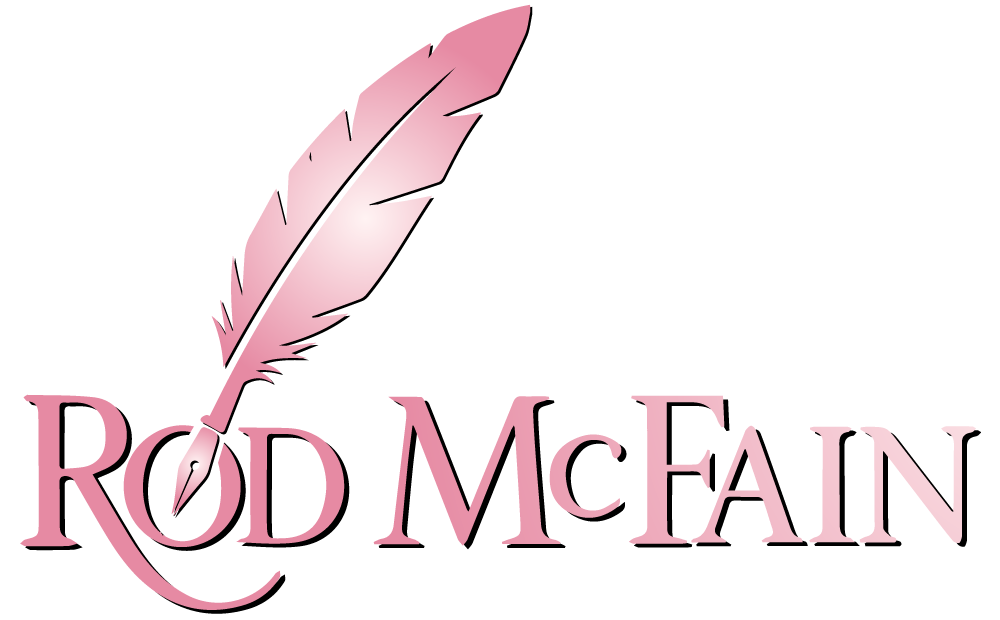Last week, someone asked me why I decided to write my new novel in the Roaring 20s. The answer is simple.
Zelda Fitzgerald, Louise Brooks, Clara Bow, Greta Garbo
I knew the 20s was a great decade, full of social and cultural change, the period of prohibition. It was also a period of economic and political change. More Americans lived in cities than on farms. The nation’s total wealth more than doubled between 1920 and 1929.
The good times of the 1920s gave us Wonder Bread, Baby Ruth Candy Bars (not named after the Babe), Kool-Aid, jazz, flappers, and The Great Gatsby. Did you know Nick, Jay, and Daisy were first brought to the silver screen in 1926? Scott and Zelda hated it and walked out of the theater.
The decade gave new meaning to Trial of the Century. It had five of them in just the first half of the decade: Sacco & Vanzetti, Chicago Black Sox Scandal, Murder Trial of Roscoe “Fatty” Arbuckle, Leopold & Loeb Trial, Scopes “Monkey Trial.
Despite Woodrow Wilson leaving the White House in 1921, the decade remained discriminatory for Blacks and women. Before the election of Wilson, Black Americans worked at all levels of the federal government. When Wilson took office, he mandated that the federal workforce be segregated by race—reducing Black civil service workers’ income, increasing the significant income gap between Black and white workers, and eroding some gains Black people had made following Reconstruction.
His racial segregation order came swiftly and suddenly, taking Black Americans by surprise. Wilson imposed segregation in his Cabinet departments and appointed Southern Democrats, who supported segregationist policies, to lead them.
Wilson’s order was overtly discriminatory, unlike the purported “separate but equal” policies of the Jim Crow era. He designed his segregation order to limit the access of Black civil servants to white-collar positions via demotions and failing to hire qualified Black candidates.
While Tennessee became the 36th State to ratify the 19th Amendment in August 1920, females were still far from equal. My original plan in The Magnificent Maggie was for Maggie to win a seat in the Boston Symphony as a cellist. Oops, females were not allowed in symphonies. That irked my sweet Maggie.
Requesting a passport in the 1920s was pretty straightforward—if you were a man. The flapper style dominated the 1920s, even though women in many parts of the country still faced stifling clothing restrictions. In Virginia, a legislative bill attempted to prohibit women from wearing evening gowns with more than three inches of their throat displayed. Utah legislators worked to fine women whose skirts were higher than three inches above the ankle.
Through 1922, thanks to the Expatriation Act, women who married non-citizens automatically lost their U.S. citizenship. Despite having the legal right to vote as of August 18, 1920, it would take decades for all women to vote, much less serve on a jury. Only 24 states permitted women to determine their peers’ innocence or guilt by the end of the Roaring Twenties.
The Roaring 20s was a great setting for a story. It was time to create a protagonist. In cooking up Maggie, I used a splash of Zelda Fitzgerald, a dash of Clara Bow, a pinch of Louise Brooks, and a spattering of Garbo. How could it go wrong?
Zelda, a pearl-twirling party southern belle turned jazz-age heroine, dubbed “the first American flapper” by her husband and partner-in-drink Scott, died at 47 after a fire broke out in the North Carolina sanatorium where she was a patient. Zelda and Scott proved the parties often don’t last.
Clara Bow, the “IT Girl,” whose eyes lit up a screen like no other, lifted herself out of depravity like no one else. Her best friend, a seven-year-old boy, died in her arms after being burned in a fire. As a teen, she would wake up with her mother holding a knife to her throat, promising to kill her. She made it on her own to being arguably Hollywood’s biggest star, receiving 45,000 fan letters a month and sending Henna sales through the roof.
Louise Brooks, Lulu, was beautiful, funny, and talented. Like Clara, she went from everyone knowing her name to, for many years, being forgotten. I love her attitude. What a great quote about dancing in the Ziegfeld Follies. “The rest of the girls wore smiles as fixed as their towering feather headdresses. I decided right then that onstage I would never smile unless I felt like it.”
With the help of Zelda and Clara, my heroine was born. Maggie is a modern woman battling a still restrictive environment. She’s confident, strong, striking, funny, and a champion of women’s issues. She’s also reckless, just like Zelda, Clara, and Louise.
Maggie needed a face that no one would forget. She needed to be wild like a prairie flower and burn her candle at both ends. She needed a hint of scandal and to live in an elegant facade covering a life that chews people up. The Roaring 20s were the perfect time for Maggie.

